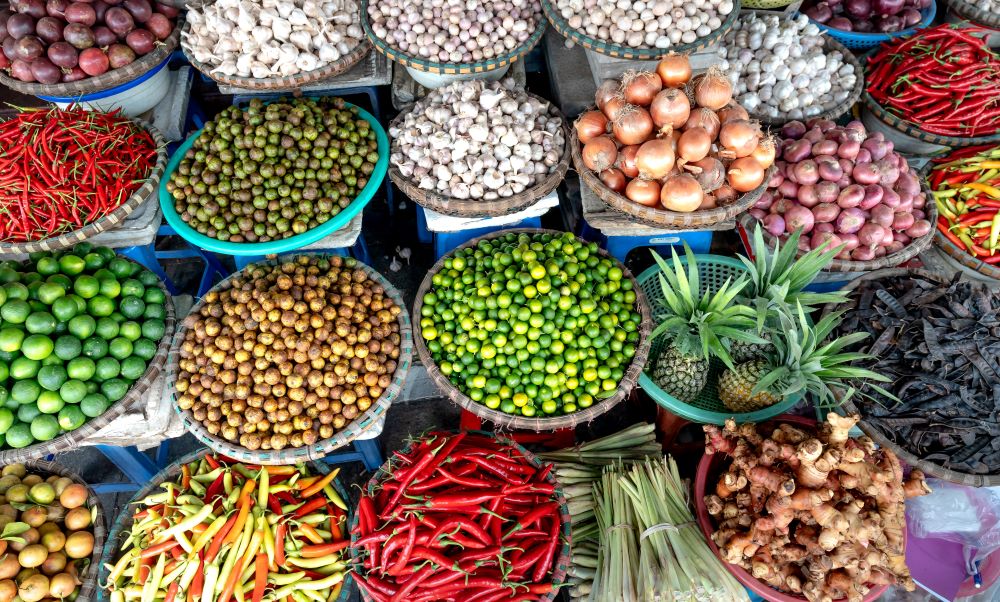Minority populations are struggling to find food sources in ‘deserts.’
A new study published in the Journal of Nutrition Education and Behavior highlights the disturbing reality that Black adults in the United States are three times as likely as white adults to face family food insecurity. Family food insecurity is defined as a lack of access to enough food for an active, healthy life for all household members.
The study analyzed data from the National Health Interview Survey, which collected information on food insecurity from over 37,000 adults across the United States between 2018 and 2020. The results showed that 19% of Black adults reported experiencing family food insecurity, compared to only 6% of white adults.
This disparity is a concerning issue that highlights the ongoing problem of racial inequities in the United States. Food insecurity can have serious consequences for health, including malnutrition, chronic disease, and mental health issues. Black Americans already face disproportionate health disparities and are more likely to experience chronic disease and premature death than white Americans. Family food insecurity exacerbates these health disparities and perpetuates systemic inequality.
There are many factors that contribute to the racial disparities in family food insecurity. One of the main contributors is systemic racism and discrimination, which limits economic opportunities for Black Americans and creates barriers to accessing healthy food. Black Americans are more likely to live in poverty and have lower median incomes than white Americans. This makes it more difficult to afford healthy food, which can often be more expensive than processed or unhealthy options.

Additionally, Black Americans are more likely to live in food deserts, which are areas where it’s difficult to access healthy, affordable food. Food deserts are often found in low-income neighborhoods and communities of color, where there are few or no grocery stores and limited access to fresh fruits and vegetables.
The COVID-19 pandemic has further exacerbated food insecurity in the United States, particularly for communities of color. The pandemic has led to job loss and economic instability, which has made it even more difficult for families to access healthy food. Black Americans have been disproportionately impacted by the pandemic, both in terms of health outcomes and economic hardship.
There are many efforts underway to address food insecurity and racial inequities in access to healthy food. Community organizations and advocacy groups are working to increase access to healthy food in food deserts and low-income neighborhoods. These efforts include community gardens, farmers’ markets, and mobile markets that bring fresh produce to underserved areas.
The government can also play a role in addressing food insecurity and racial disparities. Policies like the Supplemental Nutrition Assistance Program (SNAP) and the Special Supplemental Nutrition Program for Women, Infants, and Children (WIC) provide assistance to low-income families to help them access healthy food. However, there is still work to be done to ensure that these programs are accessible and effective for all who need them.
It’s important for individuals to also take action to address food insecurity and racial inequities in access to healthy food. This can include supporting local food banks, volunteering at community gardens or farmers’ markets, and advocating for policies that prioritize food justice and equity.
Overall, the study’s findings on the racial disparities in family food insecurity underscore the urgent need for action to address systemic inequality and promote food justice. By working together, we can ensure that all families have access to healthy, affordable food, regardless of their race or economic status.
Sources:
Study: Black Adults Three Times as Likely as Whites to Face Family Food Insecurity
Food insecurity among African Americans in the United States: A scoping review
Black communities face hunger at a higher rate than other communities


Join the conversation!